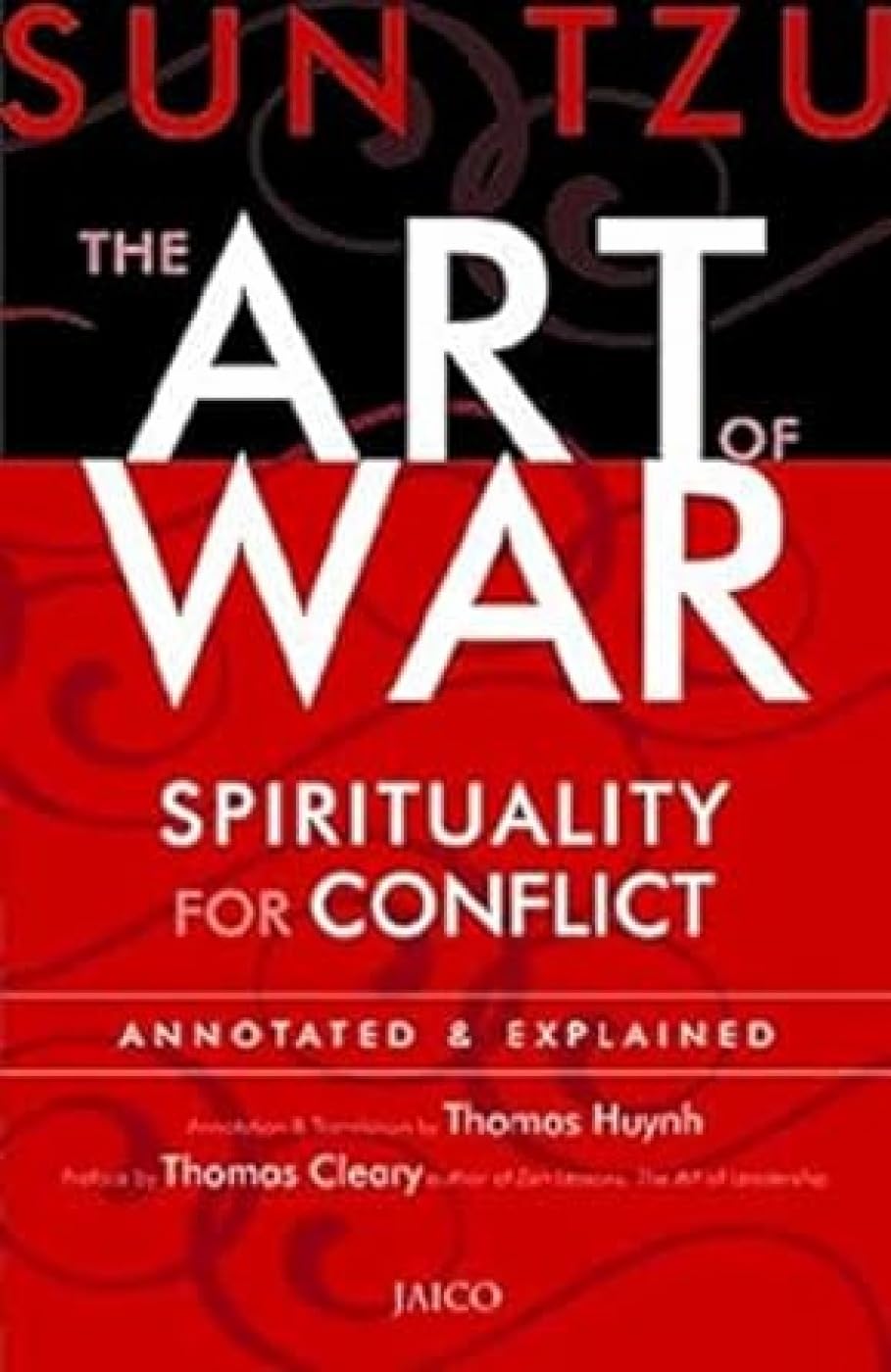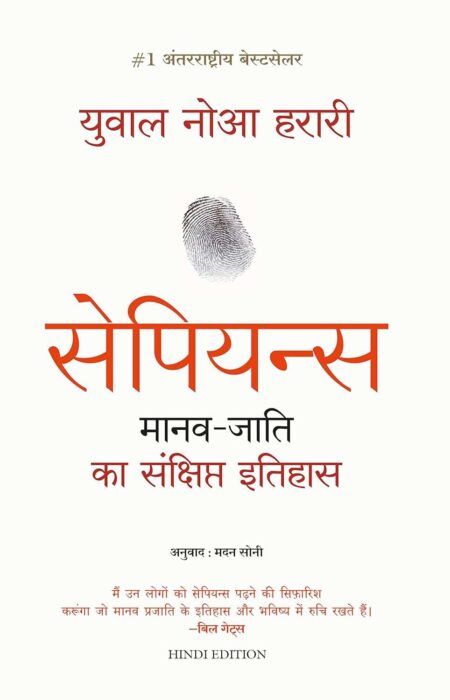Description
“The Art of War” is a timeless masterpiece written by the ancient Chinese military strategist Sun Tzu. Composed over 2,000 years ago, this classic text has had a profound influence not only on military strategy but also on business, politics, and leadership.
In “The Art of War,” Sun Tzu distills his insights into the nature of warfare and offers practical wisdom on strategy, tactics, and leadership. Divided into thirteen chapters, the book covers a wide range of topics, including the importance of planning, the advantages of deception, the role of discipline, and the art of diplomacy.
One of the central themes of “The Art of War” is the concept of “wu-wei,” or “action through inaction.” Sun Tzu emphasizes the importance of strategic thinking and adaptability, urging leaders to be flexible and responsive to changing circumstances. He also stresses the importance of understanding both oneself and the enemy, arguing that victory comes from exploiting weaknesses and avoiding confrontation whenever possible.
Throughout the book, Sun Tzu provides timeless principles for success in conflict and competition, emphasizing the importance of preparation, timing, and psychological warfare. His insights have been applied not only in military campaigns but also in fields as diverse as business, sports, and politics, making “The Art of War” a classic work of strategy and leadership that continues to resonate with readers around the world.













Reviews
There are no reviews yet.